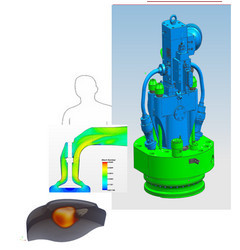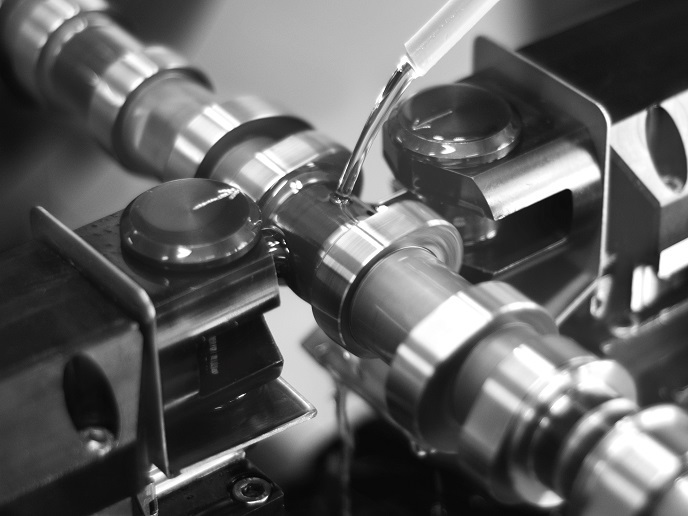Towards cleaner, greener ship engines
HERCULES has been a long-running research and development programme tasked with developing the future generation of efficient and clean ship engines. The third phase of the programme was the EU-funded HERCULES-C(opens in new window) (Higher efficiency, reduced emissions, increased reliability and lifetime, engines for ships) project that built on developments achieved by its predecessors. HERCULES-C centred on three overarching aims: achieve further substantial reductions in fuel consumption while optimising power production and usage; achieve near-zero emissions; and maintain the technical performance of engines throughout their lifetime. Project partners reduced fuel consumption of marine engines by 3 % by 2015, thus lessening carbon dioxide emissions further. This was accomplished through advanced engine developments in combustion and fuel injection, and through the optimisation of ship energy management and engine technologies that support transport mission management. By integrating technologies developed in the first two phases, scientists reduced ship engine exhaust emissions by 80 % by 2015 over the International Maritime Organization (IMO) Tier 1 limits. Lastly, the project team maintained a maximum 5 % divergence from as-new performance of ship engines throughout their 20-year lifespans. To achieve this, advanced materials and tribology developments were needed to enhance efficiency and reliability. In addition, sensors and monitoring and measurement technologies were also required to improve the controllability and availability of marine power plants. HERCULES-C introduced new technologies for marine diesel engines that reduce emissions, boost engine efficiency and improve reliability. Marine engine technology is one step closer to improved sustainability in energy production and total energy economy.






